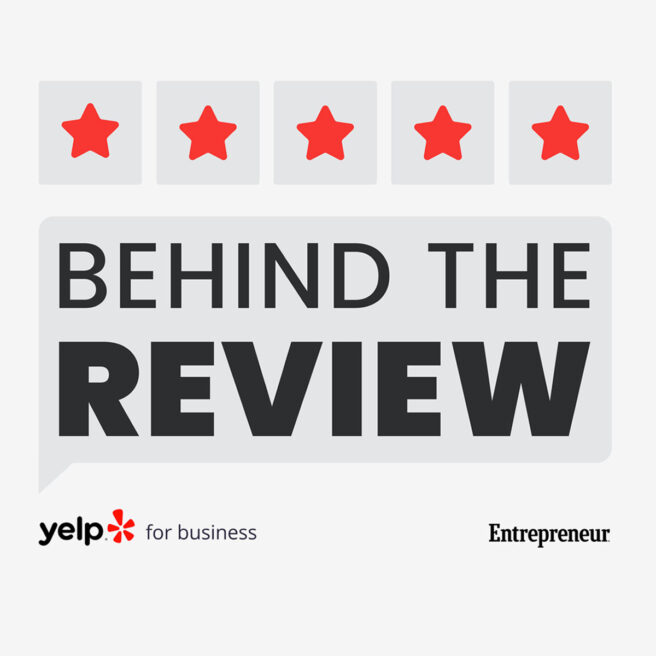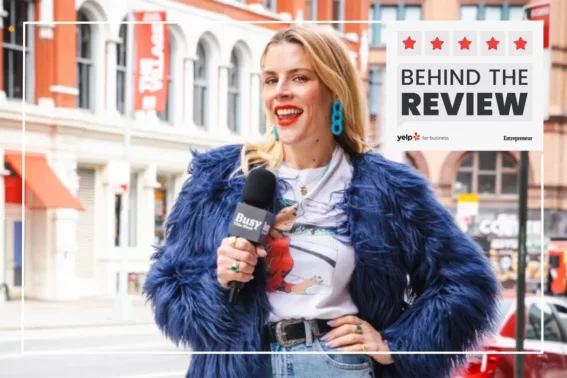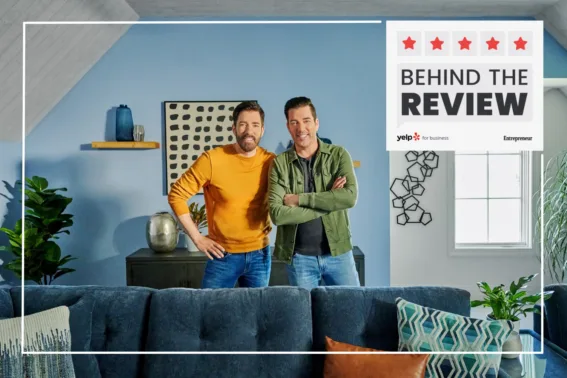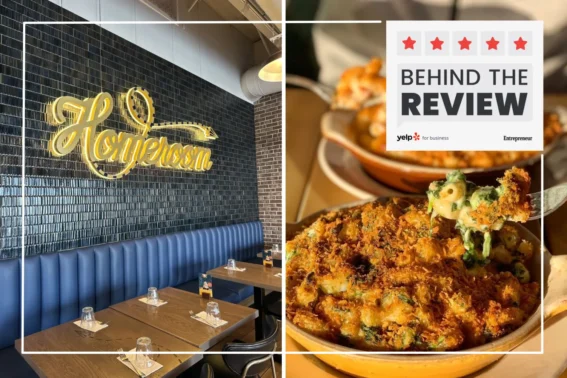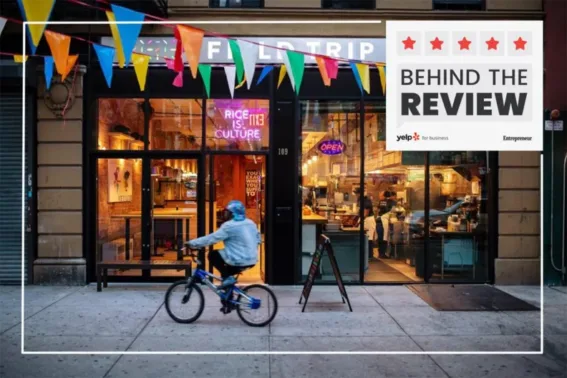Featured episodes
Busy Philipps on pivoting, partnerships, and being real
Listen now on:
Authenticity and innovation: The Property Brothers’ secret to success
Listen now on:
Mac & Cheese Dreams: Reinventing restaurant culture with Erin Wade
Listen now on:
Chef JJ on leading a rice renaissance in Harlem
Listen now on:
Listen to all episodes
Did you know you can also watch the show on YouTube?
Watch our episode with “Busy This Week” host Busy Philipps below, and
explore the full Behind the Review playlist.
More from the podcast guests

From customer to franchisee to CEO: Neil Hershman’s journey to froyo fame with 16 Handles
16 Handles CEO Neil Hershman shares how he scaled the New York-based frozen yogurt chain to an international brand and grew its franchise program from 30 to 150+ locations.
